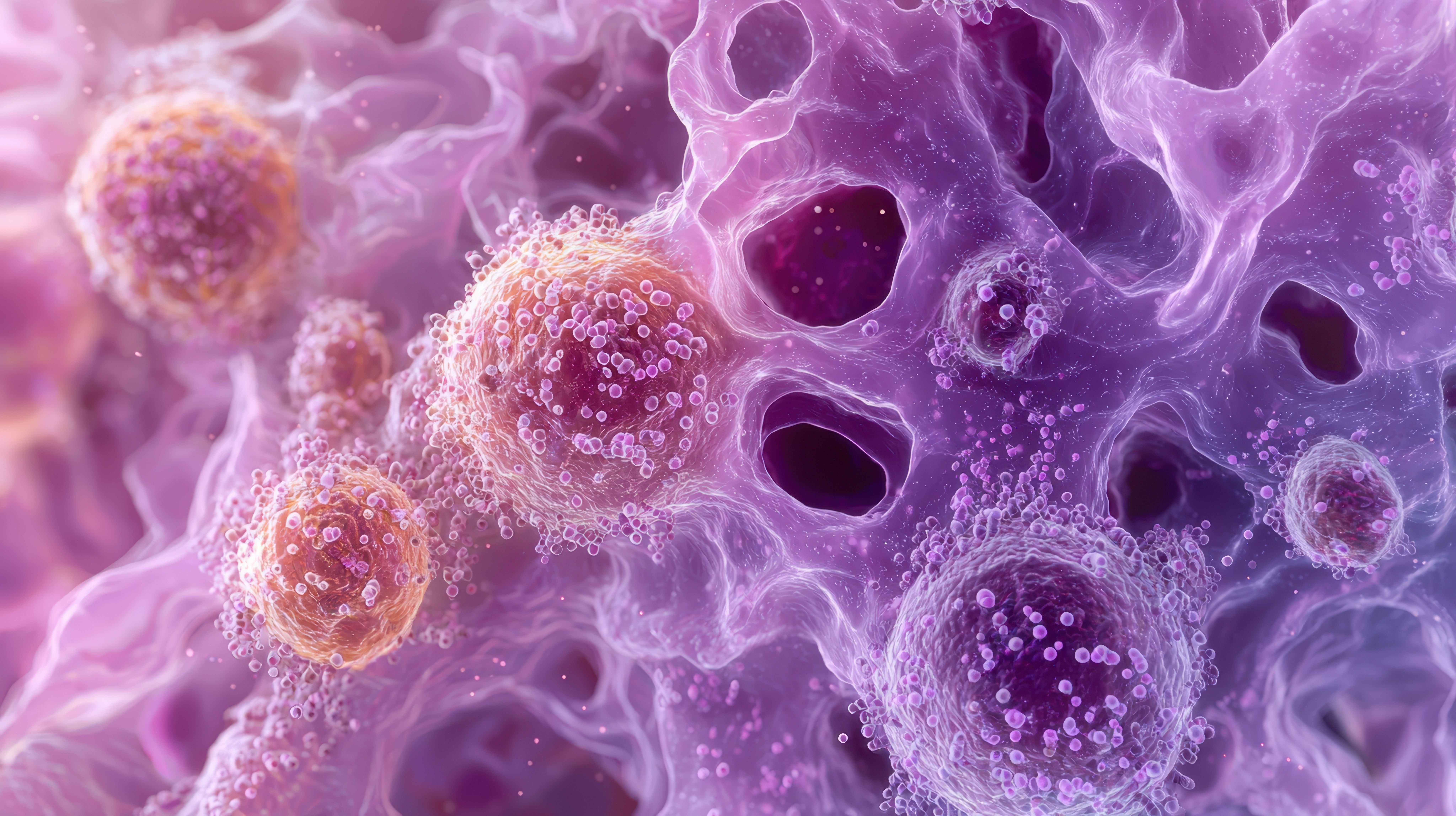Article
Durable Hemostatic Efficacy Maintained Over 6 Years in Ongoing Study of Valoctogene Roxaparvovec for Hemophilia A
Author(s):
The safety profile of valoctocogene roxaparvovec in the phase 1/2 study was consistent with previously reported data, with no delayed-onset treatment-related adverse events (AEs).
Results from the ongoing open-label phase 1/2 study, which represents the longest duration of clinical observation for valocotocogene roxaparvovec, demonstrated sustained hemostatic efficacy of the novel gene therapy in patients with severe hemophilia A.
In the 6-year results of the phase 1/2 6e13 vg/kg dose cohort, all adult patients with hemophilia A remained off prophylactic factor VIII treatment, and the mean cumulative annualized bleed rate (ABR) remained less than 1 and substantially below baseline levels, according to the study. Further, the mean ABR in year 6 was 0.7 with a mean cumulative ABR reduction of 95% and factor VIII use reduction of 96% through 6 years compared to baseline.
The 5-year results in phase 1/2 4e13 vg/kg dose cohort had the participants off prophylactic factor VIII at the time of data cutoff. One participant temporarily resumed prophylactic factor VIII treatment for 1 month, after which he was bleed-free through the last follow up, 6 months prior to the data cutoff. The mean ABR in year 5 for the 4e13 vg/kg cohort was 0.7 with a mean cumulative ABR reduction of 91% and factor VIII use reduction of 93% through 5 years compared to the baseline.
"With every year of observation in this study, we learn more about the impact of a single infusion of valoctocogene roxaparvovec on hemostatic control and continue to see low levels of bleeds in the absence of prophylactic therapy," said professor Michael Laffan, faculty of Medicine, Department of Immunology and Inflammation at Imperial College London, director of the Hammersmith Hospital Haemophilia Centre, and chief investigator for the valoctocogene roxaparvovec phase 1/2 study, in a press release."Six years of data represents the longest duration of clinical experience for a gene therapy in hemophilia A and provides unparalleled understanding of safety."
The safety profile of valoctocogene roxaparvovec in the phase 1/2 study was consistent with previously reported data, with no delayed-onset treatment-related adverse events (AEs). All the participants continued to remain off corticosteroids since the first year, and no participants developed inhibitors to factor VIII or withdrew from the study.
The most common AEs associated with valoctogene roxaparvovec occurred early after a single infusion and included short-lived infusion-associated reactions and transient, asymptomatic, and mild-to-moderate rise in the levels of certain proteins and enzymes measured in liver function tests with no long-lasting clinical sequelae.
REFERENCE
BioMarin announces durable hemostatic efficacy maintained over 6 years in ongoing phase 1/2 study of valoctocogene roxaparvovec, investigational gene therapy for hemophilia A. BioMarin. May 31, 2022. Accessed May 31, 2022. https://investors.biomarin.com/2022-05-31-BioMarin-Announces-Durable-Hemostatic-Efficacy-Maintained-Over-6-years-in-Ongoing-Phase-1-2-Study-of-Valoctocogene-Roxaparvovec,-Investigational-Gene-Therapy-for-Hemophilia-A
Newsletter
Stay informed on drug updates, treatment guidelines, and pharmacy practice trends—subscribe to Pharmacy Times for weekly clinical insights.






